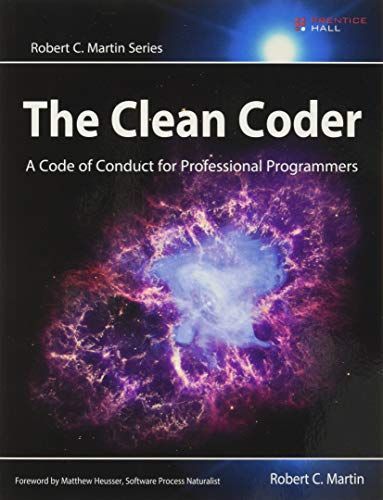
Reviews
Nam Dang@southxzx
Bouke van der Bijl@bouk
Akshay Vadher@akshay_vadher
Nikolay Bachiyski@nb
Kevin S Perrine@kevinsperrine
Kamil Pomykała@akasiek
Cristopher@namchee
Pawel Cebula@pawel
Andrea Nagar@andreanagar
Gabriel Ayuso@gabrielayuso
Pablo Porto@pabloreads
Reza Tavasoli@rezatvs
Hardik Prajapati@hardik
Mateusz Gostanski@mgostanski
Sapan Parikh@sapan
Prayash Mohapatra@prayash
Ermin Celikovic@ermin
Manuel Tiago Pereira@mtpereira
Till Leinen@tillleinen
Chimit@chimit
Jan Jelschen@janj
Engin Arslan@enginx
Sebastian Witowski@switowski
Eihab Khan@eihab